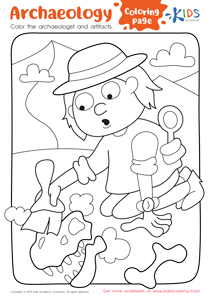Normal Physical Science worksheets activities for 4-Year-Olds
1 filtered results
-
From - To


Force and Interactions: Assessment 1 Worksheet
Normal Physical Science worksheets activities play a vital role in enhancing students' understanding and appreciation of the scientific principles that govern the world around us. These structured exercises are not just another task to be completed; they are meticulously designed to promote a deeper comprehension of physical science concepts, ranging from the laws of motion to the intricacies of chemical reactions.
First and foremost, Normal Physical Science worksheets activities provide a structured framework that guides learners through the complex terrain of scientific theories and laws in an organized manner. This structured approach ensures that students gradually build upon their knowledge, connecting new information with previously learned concepts. This scaffolded learning is crucial in the cumulative nature of science education, where each new piece of knowledge serves as a building block for more advanced understanding.
Moreover, these activities encourage active engagement with the material. Instead of passively receiving information, students interact with the concepts, applying them to solve problems, conduct experiments, or complete projects. This hands-on experience is invaluable, as it not only solidifies theoretical knowledge but also hones critical thinking and problem-solving skills. By actively engaging with the material, students develop a more profound and lasting understanding of physical science principles.
Furthermore, Normal Physical Science worksheets activities are versatile tools that cater to diverse learning styles. Whether a student learns best through visual aids, hands-on experimentation, or logical reasoning exercises, worksheets can be designed to accommodate these various preferences. This inclusivity ensures that every student has the opportunity to grasp the material fully, fostering a more inclusive and effective learning environment.
In addition, these activities provide immediate feedback, allowing both students and teachers to identify areas of strength and those needing improvement. This feedback loop is essential for tailored instruction, enabling educators to address individual learning needs and adjust their teaching strategies accordingly.
In conclusion, Normal Physical Science worksheets activities are indispensable in the science education landscape. They offer a structured, engaging, versatile, and feedback-oriented approach to learning that significantly benefits students, helping them to build a solid foundation in physical science principles. Through these activities, learners are better prepared to navigate the complexities of the natural world, equipped with the knowledge and skills necessary for scientific inquiry and problem-solving.
 Assign to the classroom
Assign to the classroom




.jpg)






